Ministry for Industries and Production has admitted that original equipment manufacturers (OEMs) are not delivering cars within prescribed period as envisaged in the auto policy, resulting in an extra profit for investors.
According to the Ministry documents submitted to the National Assembly, it was confirmed that OEMs are not delivering some variants of cars within the prescribed period of two months. The OEMs and their authorized dealers do not charge ‘own’ money directly, however, it is the investor who makes an extra profit, because customers are not willing to wait for their turn for the vehicle of their choice.
The government has taken some measures to handle the menace of ‘own’ money and late delivery.
According to Automotive Development Policy (2016-21), price and delivery schedule should not exceed two months from the time of booking. Any delay over two months results in a discount @ KIBOR+2 percent prevailing on the date of final delivery/settlement from the final payment, which is a measure to discourage any delay in the delivery time beyond sixty days.
ALSO READ
Kia Expected to Launch Sportage SUV in Pakistan Next Month
Under the ADP-2016-21, the auto assemblers are required to reimburse KIBOR+2% to the customers on late deliveries beyond 60 days. The Ministry is engaging all the relevant stakeholders including manufacturers/OEMs, FBR, dealers, banks/SBP and end users to address the issue with Federal-Provincial coordination and cooperation from sale/purchase to the registration of the vehicle.
Furthermore. the government has taken some steps to control the rising cost of automobiles being assembled/manufactured in Pakistan. Federal Government approved Automotive Development Policy (ADP)-2016-21 to control the rising cost of automobiles, creating competition by attracting new companies, improve the availability of cars and offer vehicles to the public that have quality, safety, and environmental features.
ALSO READ
Korean Auto Company is Planning to Launch Premium SUVs in Pakistan
The prices of automobiles are higher in Pakistan as compared to the global prices. Prices of Suzuki’s Wagon-R and Swift are higher in Pakistan than India and Indonesia due to low volumes. Whereas the price of Toyota Altis produced in Pakistan is less than those prevailing in the regional countries. Prices of Honda City and Civic are also less in Pakistan as compared to prices of these vehicles in Thailand, Indonesia, and Malaysia. However, these vehicles also come with a lack of basic features like airbags for every passenger.
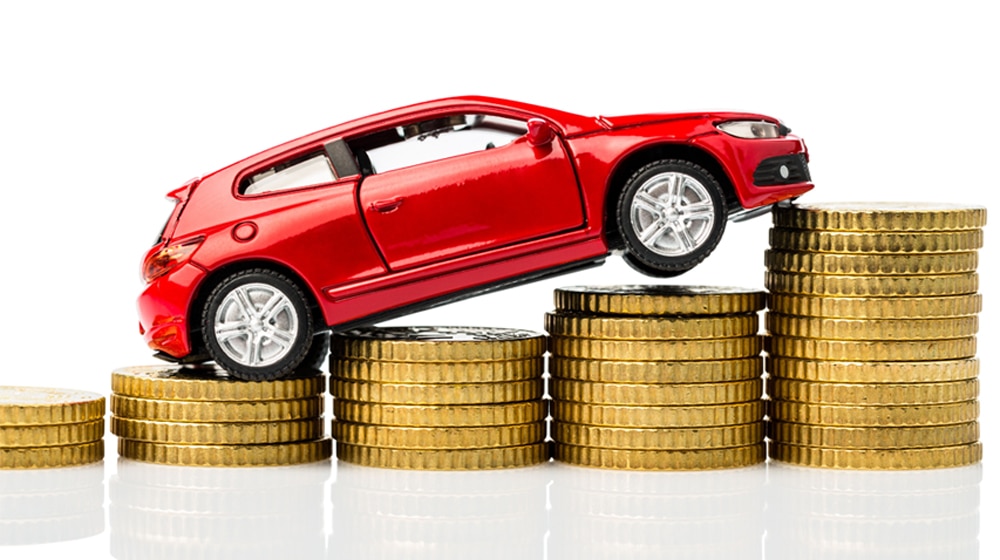


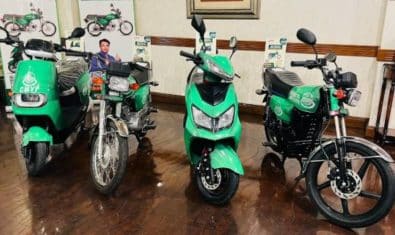
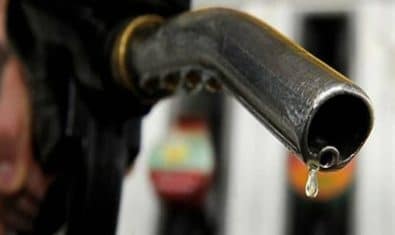
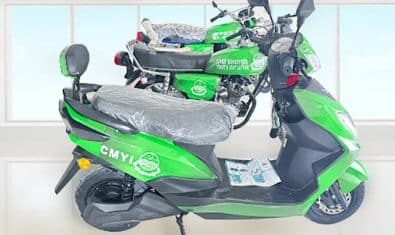
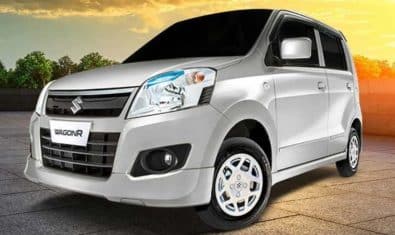



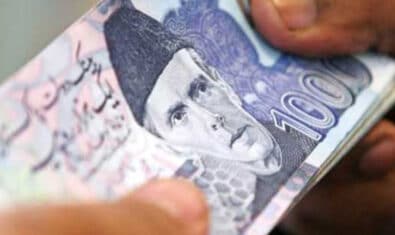


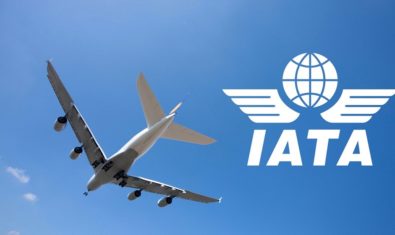















First, they are not OEM. ‘M’ in OEM suggests manufacturing. They are just assemblers.
Secondly, how is the Ministry taking feedback from end users/customers? That has not been clarified. Such a claim is false. Did they put ads in newpapers for feedback?
Third, where is the punitive measures to make the assemblers deliver vehicles within stipulated two months? Clearly, KIBOR+2% is not working so perhaps KIBOR+12% will work in addition to stipulating that it applies to total cost of vehicle from date of booking regardless of partial payments, or other payment mechanisms, etc.
Fourth, considering that the showrooms/dealers them self offer OWN related vehicle availability options, the dealerships and the Assembler itself by extension, are directly involved in this own business by playing the role of an enabler and facilitator.
Fifth, as per claim, what measures has the government taken to discourage price gain, OWN, etc on-the-ground? Has product costing audit been conducted for all models of vehicles sold by these Assemblers? Has involvement of dealerships been investigated in OWN business?
Sixth, cars stripped of features costing so high here do not compare with feature-laden cars abroad. Just comparing the sticker price is foolish unless actual feature set is compared.
Aak yourself a question why would dealers want to pay the company for the dealership?
Their cut is already included in price of car. They are double-dipping.
I highly doubt car’s being expensive elsewhere but in Pakistan.
Lol, the thing is that they aren’t telling you how much tax the government charges on each vehicle. It is 100% for local and 200% for imported
You know nothing, Abdul Snow! <.<